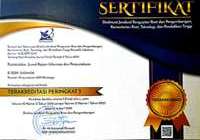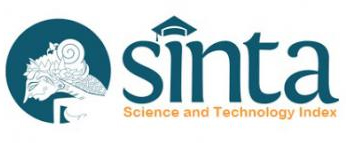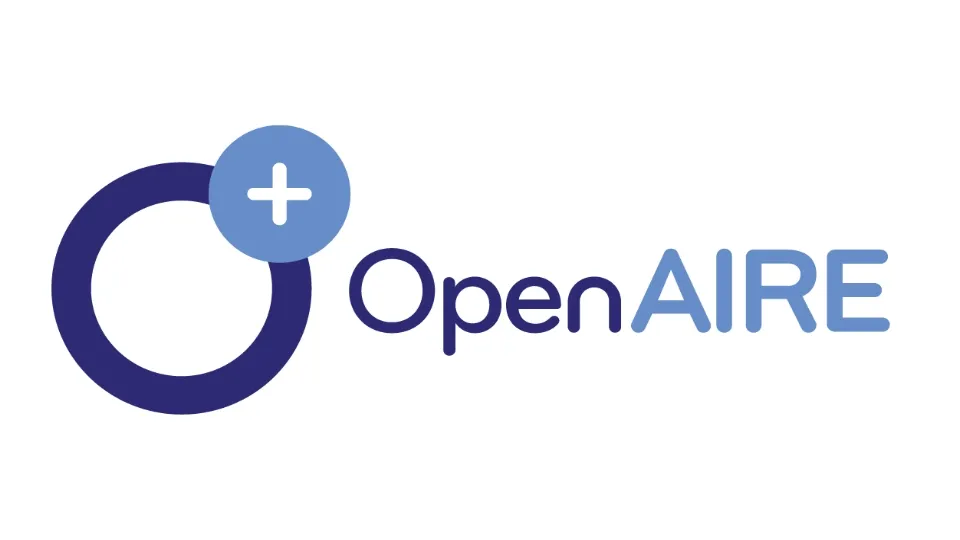Preservation Activities of Rare Library Material Collections at the TNI AD Central Library in Bandung City
DOI:
https://doi.org/10.21154/pustakaloka.v16i2.10855Abstract
This study aims to examine the implementation of preservation efforts undertaken for rare library material collections at the Central Library of the Indonesian Army History Service (Disjarahad). Furthermore, this research explores the challenges encountered in these preservation activities and identifies potential solutions. A qualitative research method with a case study approach was employed. Data were collected through interviews, observations, and literature reviews. Data were analyzed using the stages of data reduction, data presentation, and conclusion. The findings reveal that the Central Library of Disjarahad implements preventive preservation measures, including regulating temperature, light, and humidity, maintaining environmental conditions, using mothballs, conducting routine inspections, and installing air conditioning systems in the collection room. Factors contributing to the deterioration of rare materials include internal factors (paper quality) and external factors (including fire, water, light, temperature fluctuations, dust accumulation, collection storage, air pollution, human activity, biological agents, and rodents).
Downloads
Published
Issue
Section
License

This work is licensed under a Creative Commons Attribution-NonCommercial-ShareAlike 4.0 International License.
Requirements to be met by the author as follows:
- Author storing copyright and grant the journal right of first publication manuscripts simultaneously with licensed under the Creative Commons Attribution License that allows others to share the work with a statement of the work's authorship and initial publication in this journal.
Authors can enter into the preparation of additional contractual separately for non-exclusive distribution of a rich version of the journal issue (eg: post it to an institutional repository or publish it in a book), with the recognition of initial publication in this journal.
Authors are allowed and encouraged to post their work online (eg, in institutional repositories or on their website) prior to and during the submission process, because it can lead to productive exchanges, as well as citations earlier and more severe than published works. (see The Effect of Open Access).















